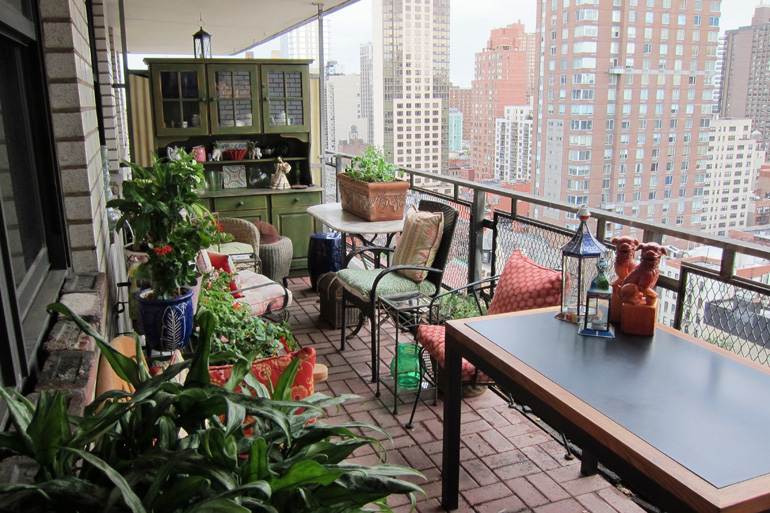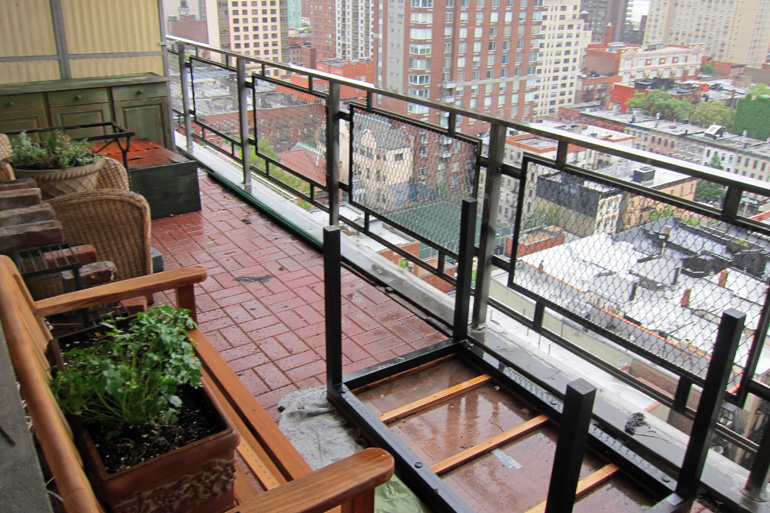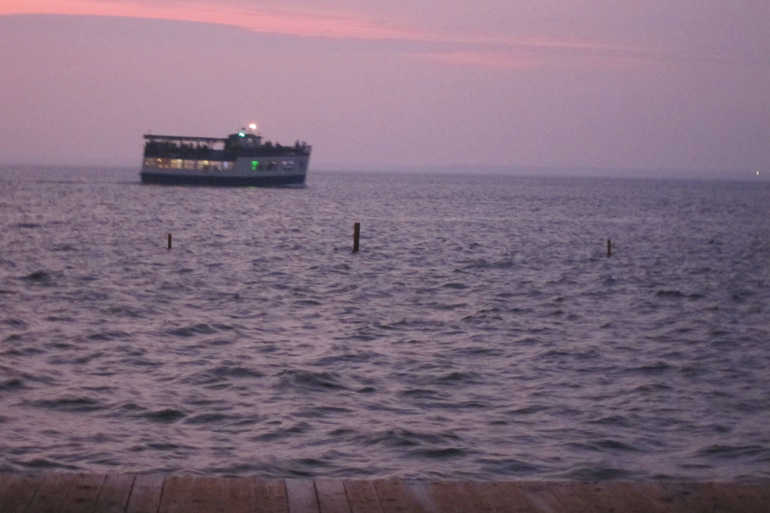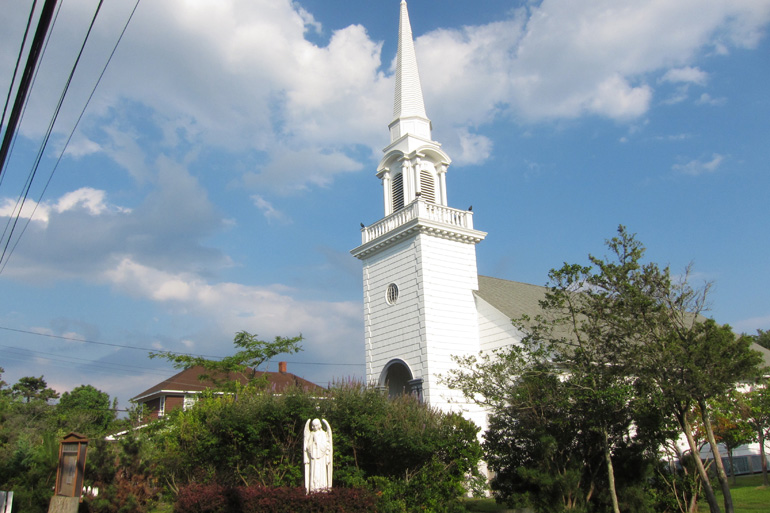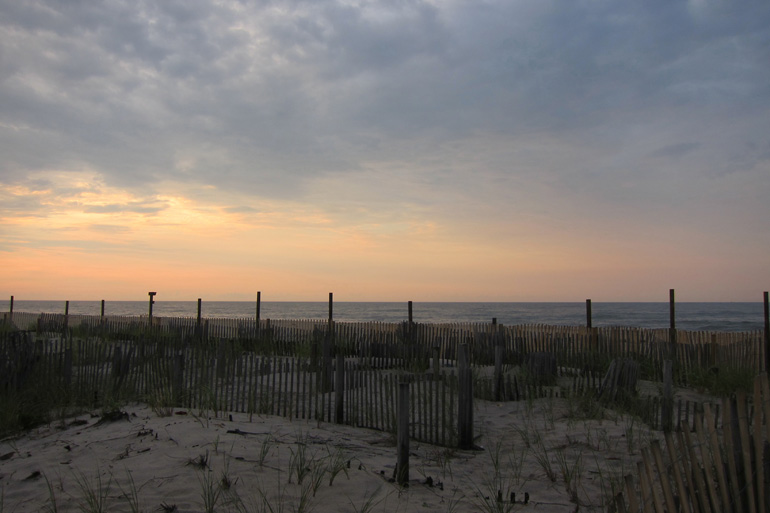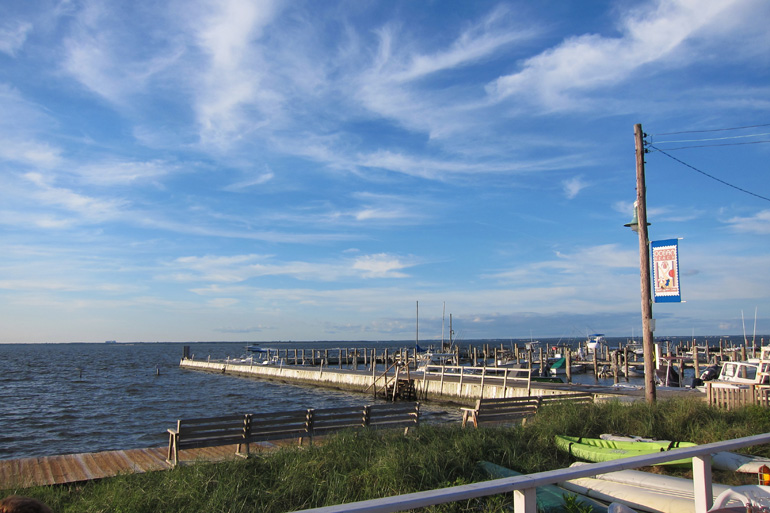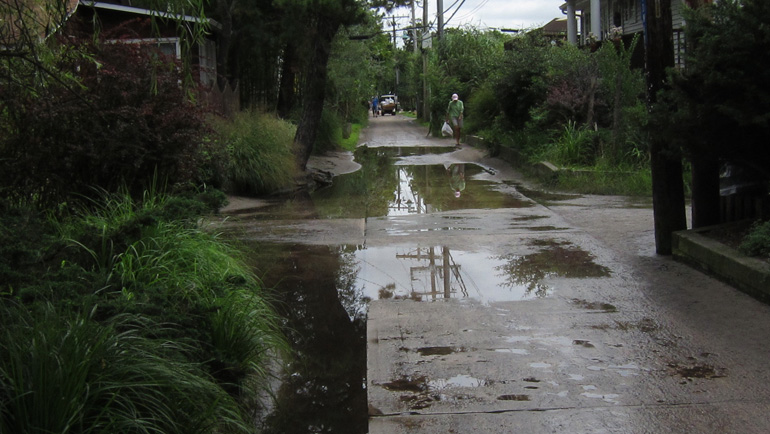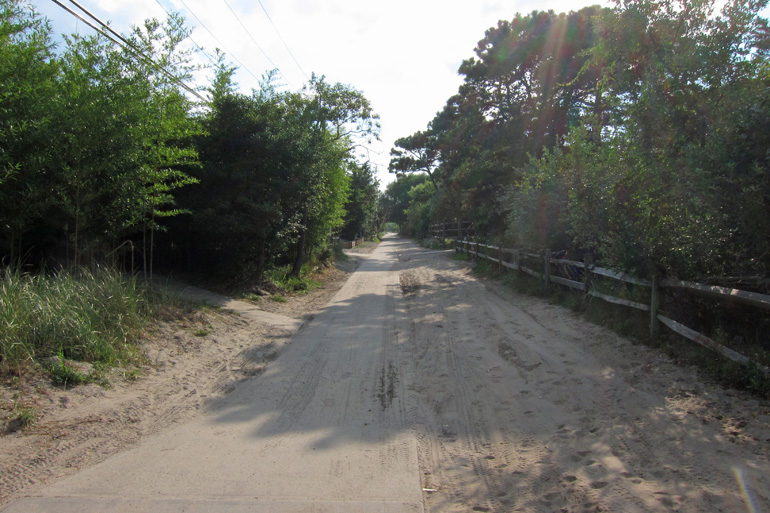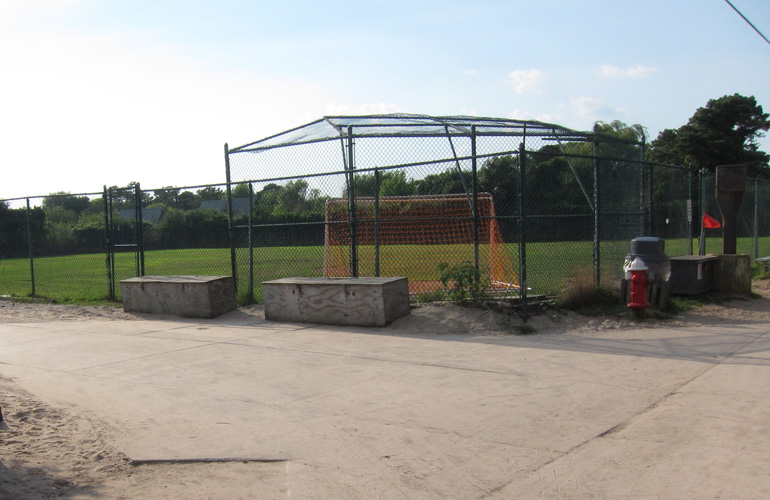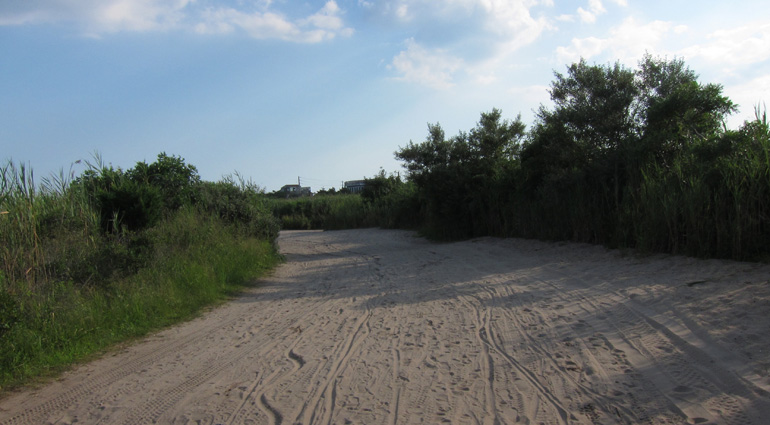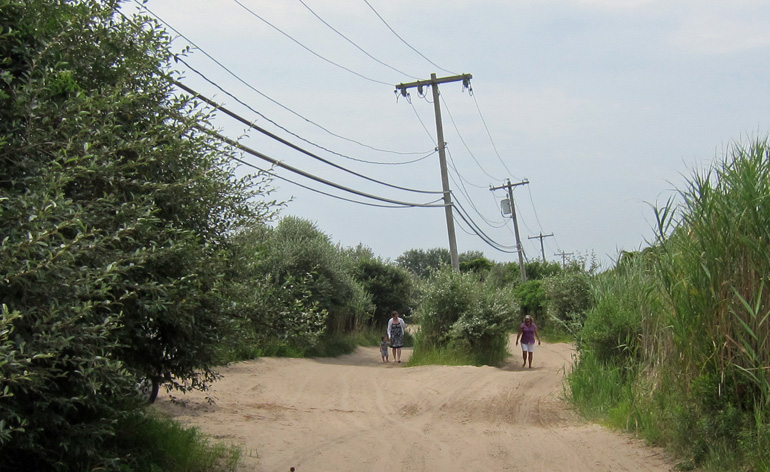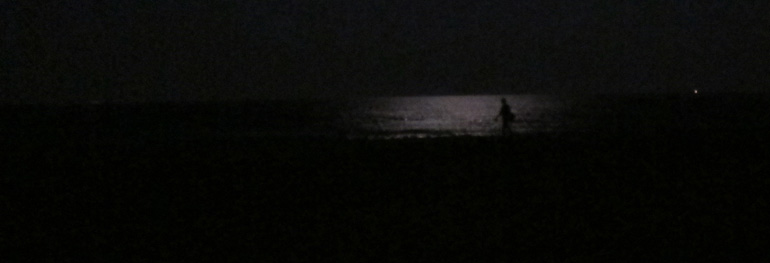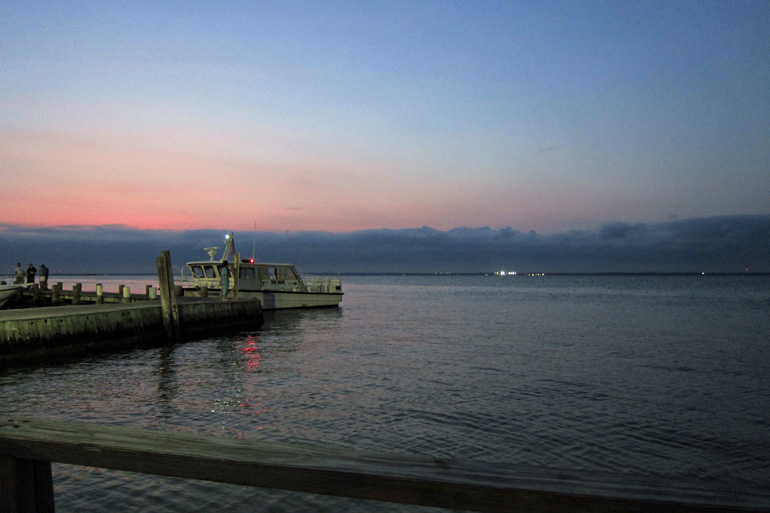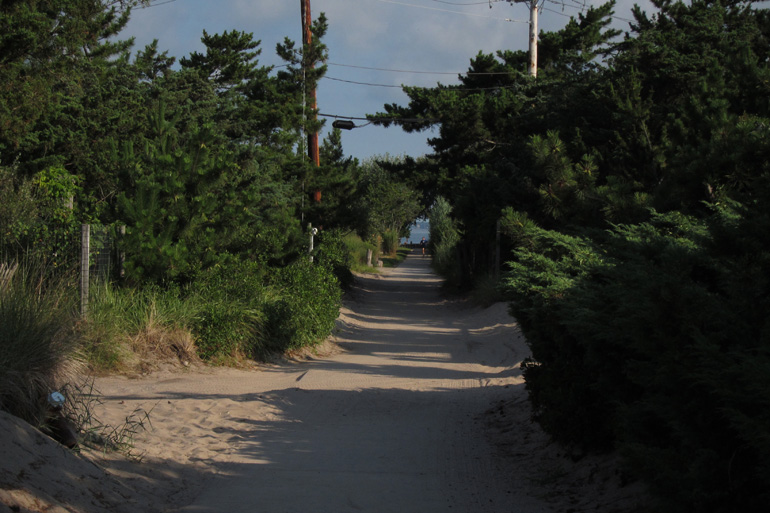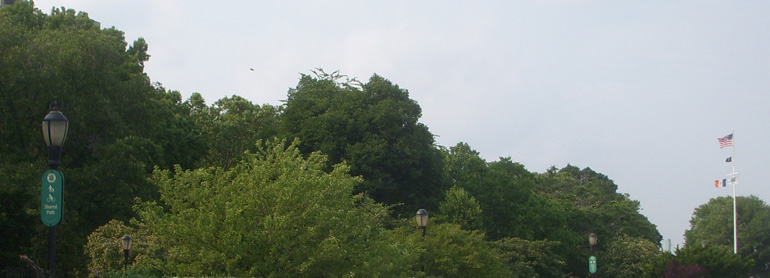
23 August
One of the things that I have to do today is find one of those three-prong plug adapters for the beach house, so that I can keep the laptop powered while I’m sitting at the dining table. I may have one here in the apartment, but I’m not going to look very hard; it’s easier to go the hardware store and pick one up. Already taken care of: meds refills; clogged bathtub drain.
After lunch with Ray Soleil yesterday, I asked if he’d mind crossing the street to go to Williams-Sonoma. “I’ve got a craving to go to a store selling things that I might actually want to buy.” Really glam items: hot pads and an apron in the latest W-S stripe. Vac-U-Vin’s pineapple gizmo, for extracting a spiral of the best fruit without attacking the skin. (Good heavens, it has its own Wikipedia entry!) Stuff like that. Then we progressed to Crawford-Doyle. There were two books in the window that I had to have. That’s a figurative “two,” because, while Andrew Thompson’s George II consists of a single volume, the Dumbarton Oaks edition of the Douay-Rheims bible consists of three, with more to come.
A book about George II! As Andrew Thompson points out at the beginning, “He figures not at all in Sellars and Yeatman’s immortal guide to British history, 1066 and All That.” A no-kind of king! Even worse:Â “Unfortunately, there is no evidence to support the story often associated with George that he began the tradition of standing for the Hallelujah Chorus during performances of the Messiah.” Hell, there’s no evidence that he ever even heard the Hallelujah Chorus! Very exciting stuff. Principle understatement so far: “The circumstances of Ernst August’s marriage were unusual, even by seventeenth-century standards.” I had to restrain myself from calling up Ray with the story.
24 August
In the end, I’m left with the impression that if only Maria Callas had had a little more Tyne Daly in her makeup, her life would not have been quite so sad. This is not to fault Ms Daly’s triumphant performance. Master Class is a parlando opera about the sunset recollections of a highly gifted, highly temperamental diva. The life of Maria Callas provides Terrence McNally with such rich dramatic material that the point of the show is very much not to bring Callas to life, as it were. We can leave that to the female impersonators.Â
Everyone in the cast was great, even the genuine tenor, Garrett Sorenson, but I found myself looking to see what Jeremy Cohen, playing Manny, the suppressed/repressed piano accompanist, was up to. There’s a moment when Callas puts her hand on Manny’s shoulder, during the tremolo run-up to Lady Macbeth’s first-act aria, and I thought that I was going to faint, because surely that’s what Manny was going to do, now that he had been touched by La Divina — and Mr Cohen did not disappoint. Manny did faint, you could see the shock flash across his face. But it was a very quick fit, and Manny’s hands were never tripped up on the keyboard.
I went to see Tyne Daly, but I came away hugely warmed by the playwright’s belief, which I share, in the absolute primacy, in opera, of following the score. “It’s all in the score,” Callas tells her audience. All the singer has to do is listen to the music. There is no need for directorial accretions. How much I’d like to see a Macbeth stripped of everything but what Verdi explicitly calls for.
***
Although I heartily recommend Jeff Madrick’s The Age of Greed: The Triumph of Finance and the Decline of America, 1970 to the Present, I wish that it were a stronger book. Madrick and his editors appear to have felt obliged, unfortunately, to provide the general reader with a chronological narrative that is not as comprehensive as it ought to be — there are many rushed, and more than a few nearly incoherent, passages — but that is also fairly unnecessary. Instead of attempting to write a capsule history of the financialization of American business, Madrick ought to have concentrated his eloquence upon the object lessons that lie at heart of each chapter. In that way, his thesis would glow compellingly in a moral constellation instead of blinking unsteadily through a thicket of disttracting facts. That thesis is most clearly stated in a couple of sentences near the end:
The collapse was the product of decisions by individuals, set upon making fortunes and becoming kings of the mountain, not an inevitable failure of the system.
It was a handful of individual men making bad, self-serving decisions that placed the entire credit system at risk.
There was nothing wrong with “the system”; nor was the damage of this or that bubble unforeseeable. A few inordinately powerful men (Sandy Weill, Jeffrey Skilling, two name but two) screwed things up for everybody. They did so because they could, and they had the power because Washington and the press had both been drugged by the purest streams of snake oil. That anyone could listen to Alan Greenspan and continue to respect the quality of his thought is what still astonishes me. I doubt that Madrick could have the answer for that one. But if he had focused more rigorously on the abuse of permissions that would-be “kings of the mountain” wrought upon the nation’s economy, we might have a better idea of how to put an end to the cycle of euphoric greed and exorbitant bailouts that has plagued the United States since the waning of the Cold War. Â
***
How about that earthquake! Never felt it. But when I took a taxi down to Kathleen’s office in midtown, the taxi driver said that she hadn’t felt it either. But she suggested that it had spooked the truck drivers. Since we were speeding down Park Avenue at the time, I couldn’t look around me for corroboration — trucks are by and large banned from Park — but I did notice that we were driving very fast. Considering that it was 5:30 on a weekday afternoon, Park Avenue was a speedway.
No, it’s Irene that’s on my mind. Current forecasts call for the hurricane to reach these parts, if it does bounce off of the Carolinas or even shift course entirely and aim for a more northeasterly landfall, no earlier than Sunday, which is when the weekenders (everybody but me) would be leaving anyway. But if the storm picks up speed as well as heft, it might be imprudent to bring a toddler into an evacuation zone. We shall see. I still intend to return to the beach house tomorrow. (I would have gone today, but I’m waiting for the replacement credit card, v infra.)
***
Later: Some day, get me to tell you the story of the replacement credit card, and how it arrived yesterday. Then again, don’t. The important thing is that I’ve got it. I’m whole again.


